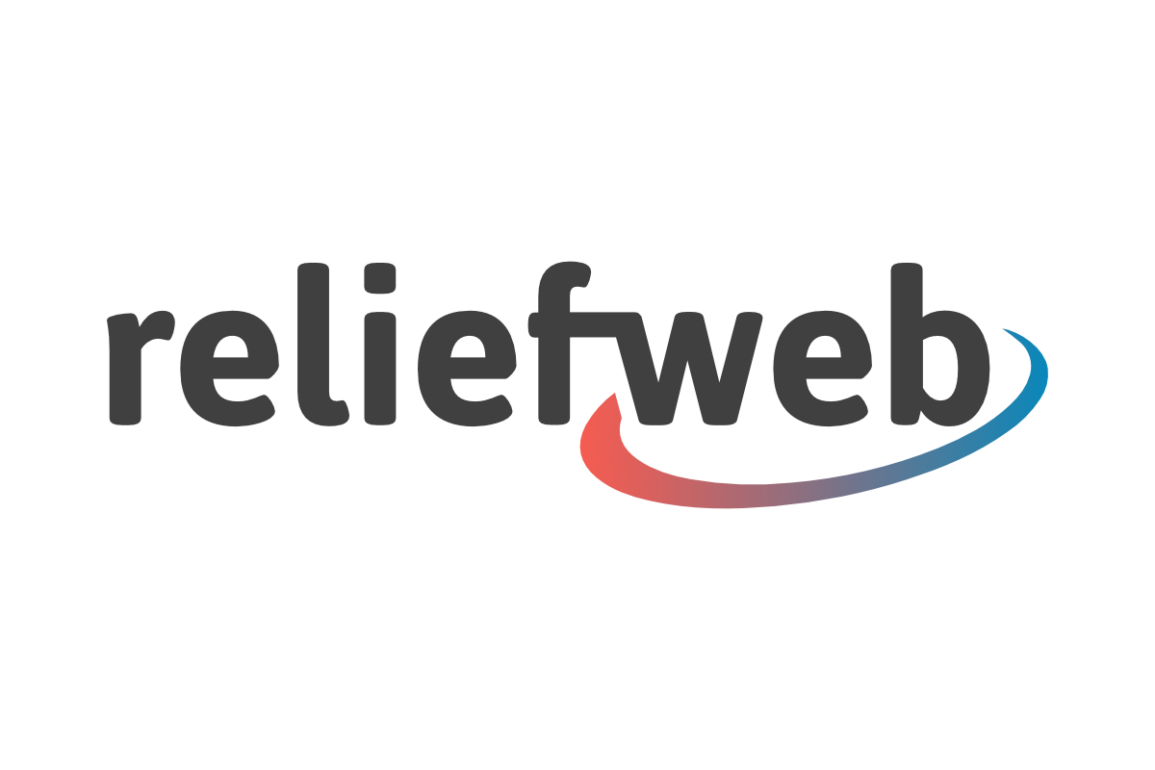
GENEVA (27 November 2023) – Chilean authorities must take urgent steps to ensure justice and full reparations for victims who suffered serious human rights violations during the 2019-2020 mass demonstrations in Chile, UN experts* said today.
“It is essential to advance the prosecution and sanction of State agents responsible for crimes committed during the 2019-2020 protests”, the experts said. “Thousands of victims are still waiting for justice, truth and reparation”.
In 2019, the experts sent a communication to Chilean authorities expressing concern about serious allegations of excessive use of force by security forces, including the use of live ammunition, acts of torture, sexual violence and mass arrests. In the context of the protests of 2019-2020, hundreds of demonstrators were injured, and nearly 400 suffered eye injuries and loss of sight as a result of the indiscriminate use of anti-riot shotguns to disperse demonstrations. Moreover, at least 31 persons died during the protests. More than 10,000 complaints have been filed by victims, but few have resulted in convictions and none of the high command has been prosecuted.
“Holding those responsible accountable is key to prevent the recurrence of human rights violations by security forces and enable a safe environment for the effective exercise of the right to freedom of peaceful assembly”, the experts said.
They also stressed the importance of holding accountable those at the highest levels of the chain of command, in accordance with their specific roles and responsibilities in the alleged crimes.
“The scale of the violations and gravity of the harm inflicted on protesters, as well as the continuity of the violations, suggest that these are not isolated incidents and point to command responsibility”, the experts said.
They noted that it is the responsibility of the State to hold commanders accountable for unlawful orders, or when commanders knew or should have known that law enforcement officials under their command had resorted to the unlawful use of force, and when they failed to prevent and suppress such unlawful use of force.
“Such measures are important to end the cycle of impunity, prevent the recurrence of crimes and promote justice,” the experts said, stressing also that authorities must ensure that the use of force is regulated in accordance with international standards.
“Full reparations must be provided to all those who suffered harm in the context of the protests”, the UN experts concluded.
ENDS
Mr. Clément Nyaletsossi Voule, Special Rapporteur on the right to peaceful assembly and freedom of association was appointed by the United Nations Human Rights Council in March 2018. He is a lawyer currently working in Geneva in the field of human rights. Prior to his appointment, he headed the Africa programme of the International Service for Human Rights (ISHR). Mr. Voule has also worked as Secretary General of the Togolese Coalition of Human Rights Defenders, as a campaigner for the Togolese Coalition for the International Criminal Court and as Secretary General of the of Amnesty International-Togo. Since 2011, Mr. Voule has been an expert member of the Working Group on Extractive Industries, the Environment and Human Rights Violations of the African Commission on Human and Peoples’ Rights. His mandate covers all countries and was recently renewed by resolution 50/17 of the Human Rights Council.
Mr. Morris Tidball-Binz, Special Rapporteur on extra-judicial summary or arbitrary executions, was appointed by the United Nations Human Rights Council on 1 April 2021. Mr. Morris Tidball-Binz is a medical doctor specialized in forensic science, human rights and humanitarian action. Over the past 35 years, he has conducted fact-finding, technical assessments and capacity building missions to over 70 countries in all regions.
Special Rapporteurs are part of what is known as the Special Procedures of the Human Rights Council. Special Procedures, the largest body of independent experts in the UN Human Rights system, is the general name of the Council’s independent fact-finding and monitoring mechanisms that address either specific country situations or thematic issues in all parts of the world. Special Procedures’ experts work on a voluntary basis; they are not UN staff and do not receive a salary for their work. They are independent from any government or organization and serve in their individual capacity.
See the UN Special Rapporteur on the right to peaceful assembly and freedom of association’s report to the Human Rights Council on Advancing accountability and ending impunity for serious human rights violations related to the exercise of the rights to freedom of peaceful assembly and of association (A/HRC/53/38)
For more information and media requests please contact: Gloria De Marino (gloria.demarino@un.org and hrc-sr-freeassembly@un.org)
For media inquiries related to other UN independent experts, please contact Maya Derouaz (maya.derouaz@un.org) or Dharisha Indraguptha (dharisha.indraguptha@un.org)
Follow news related to the UN’s independent human rights experts on Twitter @UN_SPExperts.


